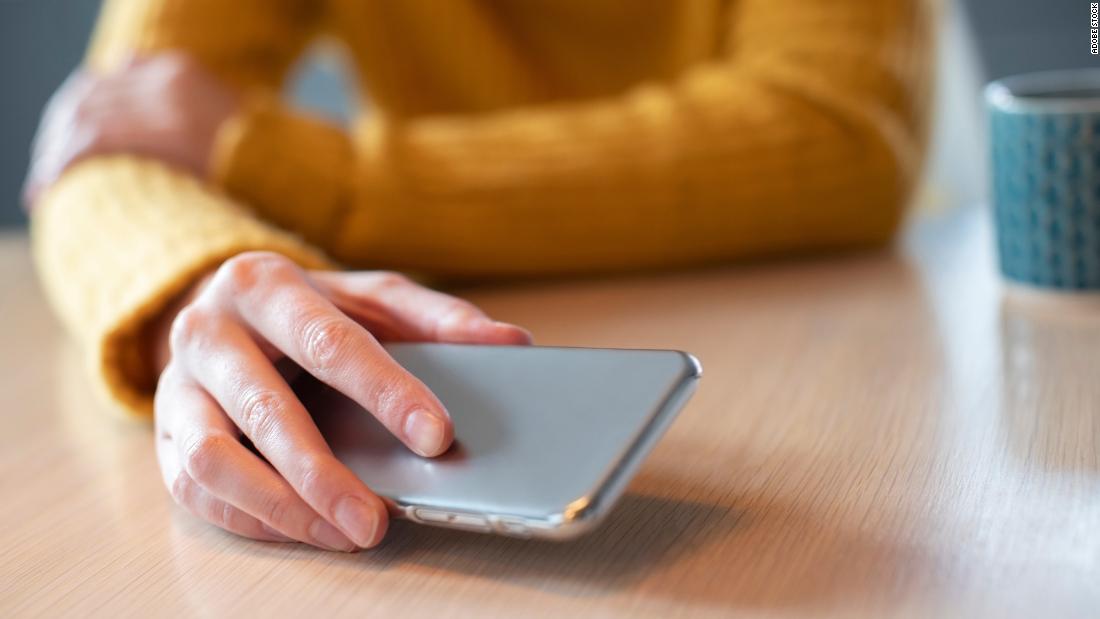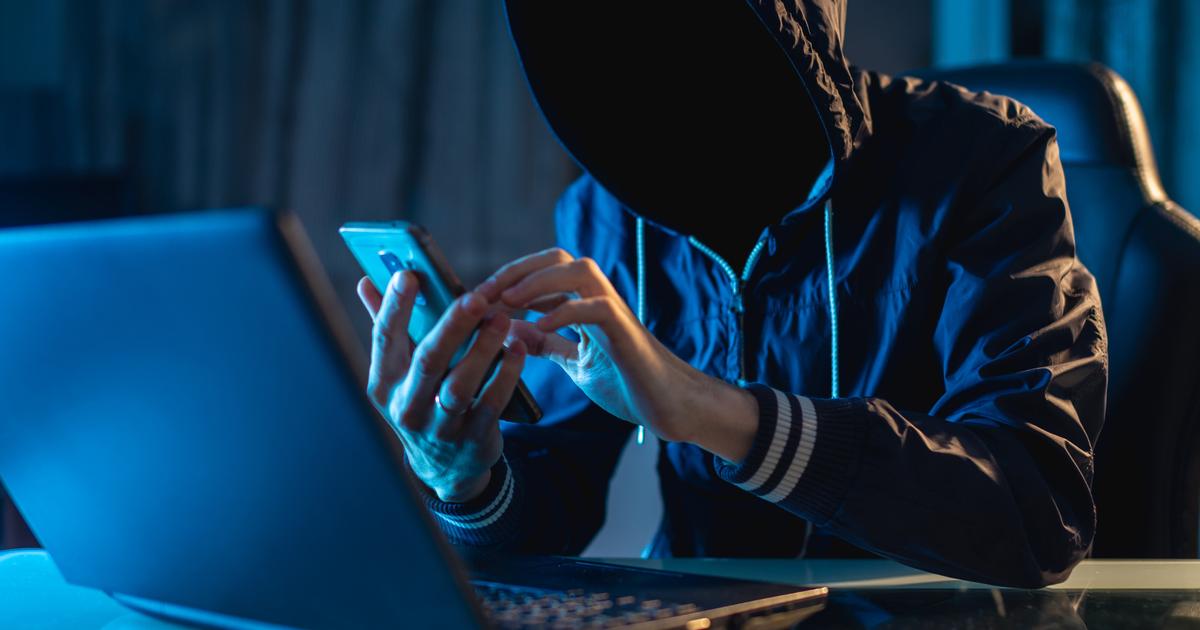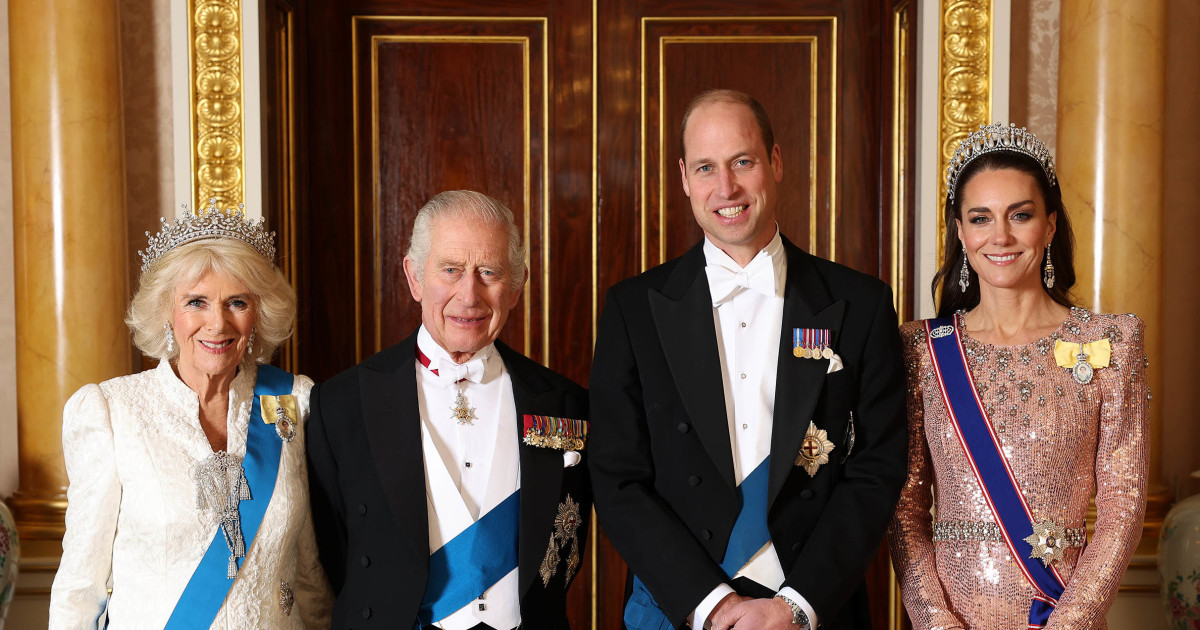Cell phone addiction could cause sleep problems 0:49
Editor's note:
Jacque Smith is an executive producer for CNN Digital Video.
(CNN) --
I've deleted Instagram and TikTok.
I logged out of Facebook and Twitter.
I vaguely remembered that I still had a Snapchat account and deleted it from my app library before I put the phone down.
Then I took a deep breath.
It was January 1, 2022, and my New Year's "micro resolution" was to ditch social media for a month.
I called it my "dry" January.
(Let's face it: with the omicron variant raging last month, giving up alcohol was out of the question.)
I knew I would still need to log into my social accounts to watch videos for work.
But he wanted, and perhaps needed, for the incessant, distracted scrolling through social media to cease.
Thirty days later, this is what I have learned.
advertising
Scrolling is addictive
It was a compulsion.
During the first week of January, I picked up my phone at least once an hour for no reason other than to scroll through my social media.
Not being able to open apps, I was hesitating with my thumb on the home screen, not knowing what to do.
Simply putting down the phone seemed to admit defeat.
Surely there was something else he was using this device for every three minutes.
I could look at the camera roll to see what he had done in the last few days.
Or read the CNN app.
I would usually
scroll
through my already read work emails to make sure I hadn't missed anything important.
Sound sad?
It seemed sad to me.
Scientists have been telling us for years that social media can provide the brain with a steady stream of dopamine, a brain chemical that influences mood.
Dopamine rewards us for pleasurable behavior and encourages us to repeat it.
Not surprisingly, dopamine is also the main neurotransmitter implicated in addiction.
How to know if you have a "cell phone addiction" and 12 ways to deal with it
Phone addiction is not yet a medical diagnosis.
But I didn't like the feeling of not being able to control the impulse.
And although after a few weeks he picked up the phone less, there was always the phantom feeling of something he used to do.
You can do a lot in a few minutes
I once read a book called "168 Hours: You Have More Time Than You Think" by Laura Vanderkam.
It turns out that it is true, especially if you leave social networks.
Throughout the month, I took advantage of the times I used to spend
scrolling
to cross off my to-do list.
The moments waiting for the train were spent finishing the last chapter of my book from the book club.
If I had five minutes before seeing some friends, I would load the dishwasher.
In line at the supermarket, I made an appointment with a technician to fix the lock on our apartment.
It was amazing what I could do in short bursts when I had nothing else to distract me.
True friendships take time
My husband was away for work for a month over the holidays, and when he came home, I wanted to shout it from the rooftops.
Too bad he didn't have my usual means.
One by one, I texted his mom and my mom and my co-workers and our mutual friends.
Several cramped fingers later, it was over.
I am not complaining.
I am incredibly grateful to have a supportive network of family and friends.
But cultivating those relationships outside of the fake world of social media takes time and energy.
I called and asked how they were doing, instead of just going through their stories.
I made dinner dates instead of sitting on the couch watching their dinner from afar.
Over time, I learned which friends I would put that energy into, who would give it back to me, and which friends were primarily online acquaintances.
To be clear, I need both kinds of friends.
I need the ones who send me memes at 1am (how I've missed memes!) and I need the ones I can call at 1am when I miss my husband terribly.
A month without social media reminded me how important it is to prioritize spending time with my favorite people in real life.
10 signs you're addicted to your phone
Daydreaming is a decent hobby
Social networks are not all bad.
Yes, I follow people who do stupid stunts and strangers who rant about their political views.
But I also love following travel photographers, tiny house advocates, and DIYers who are more creative than I'll ever be.
I follow a 75-year-old weightlifter on Instagram who could kick my ass (apparently 35 is too early to give up and befriend the couch *insert shrug emoji*).
These people inspire me.
They help me imagine a world where I live in 20 square meters without wanting to murder my husband at the foot of a mountain range in Italy, next to a turquoise lake where I paddleboard daily to maintain my sculpted abs, while waiting for the paint dries on my last project.
Without social media, I lost some of those fantasies.
That was sad too.
Now that we are in February, I am going to bring back some of the applications.
I could use the extra dopamine... and the occasional distraction from the real world.
I am going to disconnect from those that often drag me into dark discursive holes.
And I'll try to finish my to-do list before scrolling through them (hey, I found the time to write this article).
I will also be intentional about making plans to see the people I care about in person, often.
As much as I love memes, that kind of connection in real life is unmatched.
Social networks















